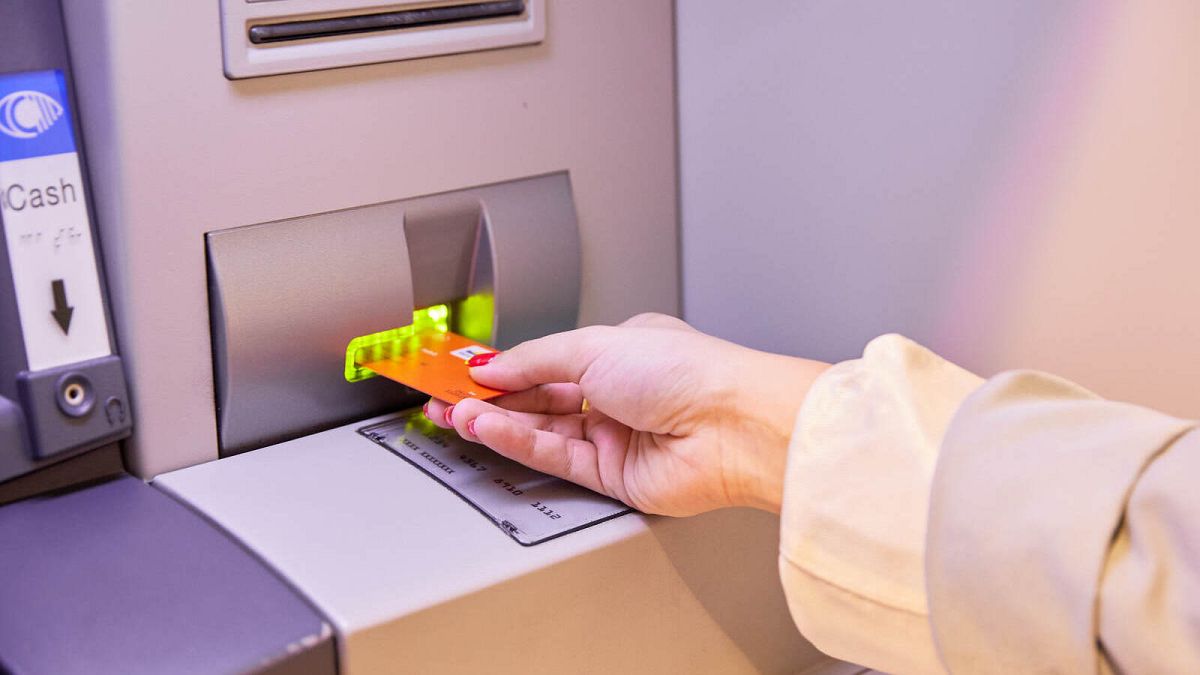A fresh push to incentivise Europeans to invest in EU assets has been weaponised in an online disinformation campaign. Euroverify investigates.
The EU executive is not looking to “confiscate” up to €10 trillion in money stashed away in European citizens’ savings accounts to spend on defence, despite a claim circulating widely on social media.
Euroverify has detected the false allegation on X, TikTok, Facebook and YouTube, fuelled by an article published on the Russian state news agency TASS.
The disinformation campaign falsely accuses Brussels of wanting to dip into taxpayers’ savings to “fund its war machine” and “militarise the EU.”
The unfounded claims seem to have been pieced together following an announcement made by the Brussels-based EU executive on 19 March.
On that day, the Commission unveiled a new proposal for the Savings and Investment Union (SIU) – a rebrand of the former Capital Markets Union – in a fresh push to encourage European citizens to invest their savings in EU assets rather than leaving them sitting in bank accounts.
The proposal aims to centralise market supervision and offer tax incentives to savers. In fact, the Commission’s goal is to ensure savers generate more revenues while allowing the bloc itself to make much-needed strategic investments.
The executive says some €10 trillion euros of citizens’ savings are currently in low-yield savings accounts, and that €300 billion of those are invested in non-EU markets each year.
In a speech in Frankfurt on 6 March, the European Commissioner for Financial Services Maria Luís Albuquerque said, previewing the proposal: “Europeans are among the best savers in the world, yet they are not getting significant returns on their savings,” she added. “This is simply not fair.”
“The Savings and Investment Union has as a goal that citizens get more and better return on their money, but also that (…) businesses have access to the much needed capital,” European Commission President Urusla von der Leyen said at a summit of EU leaders on 20 March.
In no way does this mean the EU executive would access citizens’ private savings accounts. The bloc in fact has some of the strongest regulations in the world designed to protect savings accounts.
Why are users claiming savings will be spent on defence?
The establishment of a robust European Savings and Investments Union is considered pivotal for strengthening the bloc’s competitiveness and freeing up investments in critical sectors, including in defence.
It could free capital for small and medium-sized business as well as larger enterprises to funnel more investments into strategic projects, including to ramp up the continent’s defence industrial base.
“Both in Brussels and in Member States we need to find the instruments to channel the enormous amount of private savings to the investments we need, from energy to innovation, from industry to housing, from digital to space or defence,” Albuquerque said.
The EU executive unveiled a separate proposal earlier in March to “re-arm” the continent in response to Russia’s war of aggression in Ukraine and the threat it represents for the wider continent.
That proposal is worth up to a potential €800 billion, although the headline figure is considered highly hypothetical.
The bulk of that sum would be released by tweaking the EU’s fiscal rules to allow member states to spend more on defence without triggering the so-called excessive deficit procedure, a mechanism the EU uses to keep countries’ deficit and debt in check.
The Commission would also look to raise money on the capital markets to then loan up to €150 billion to member states to spend on defence.
Guntram Wolf, a senior analyst at think tank Bruegel, told Euronews last month that this surge in spending could put “some pressure on prices” and push up inflation “at least slightly,” but that otherwise taxpayers would not bear burden as a result of the plan.

